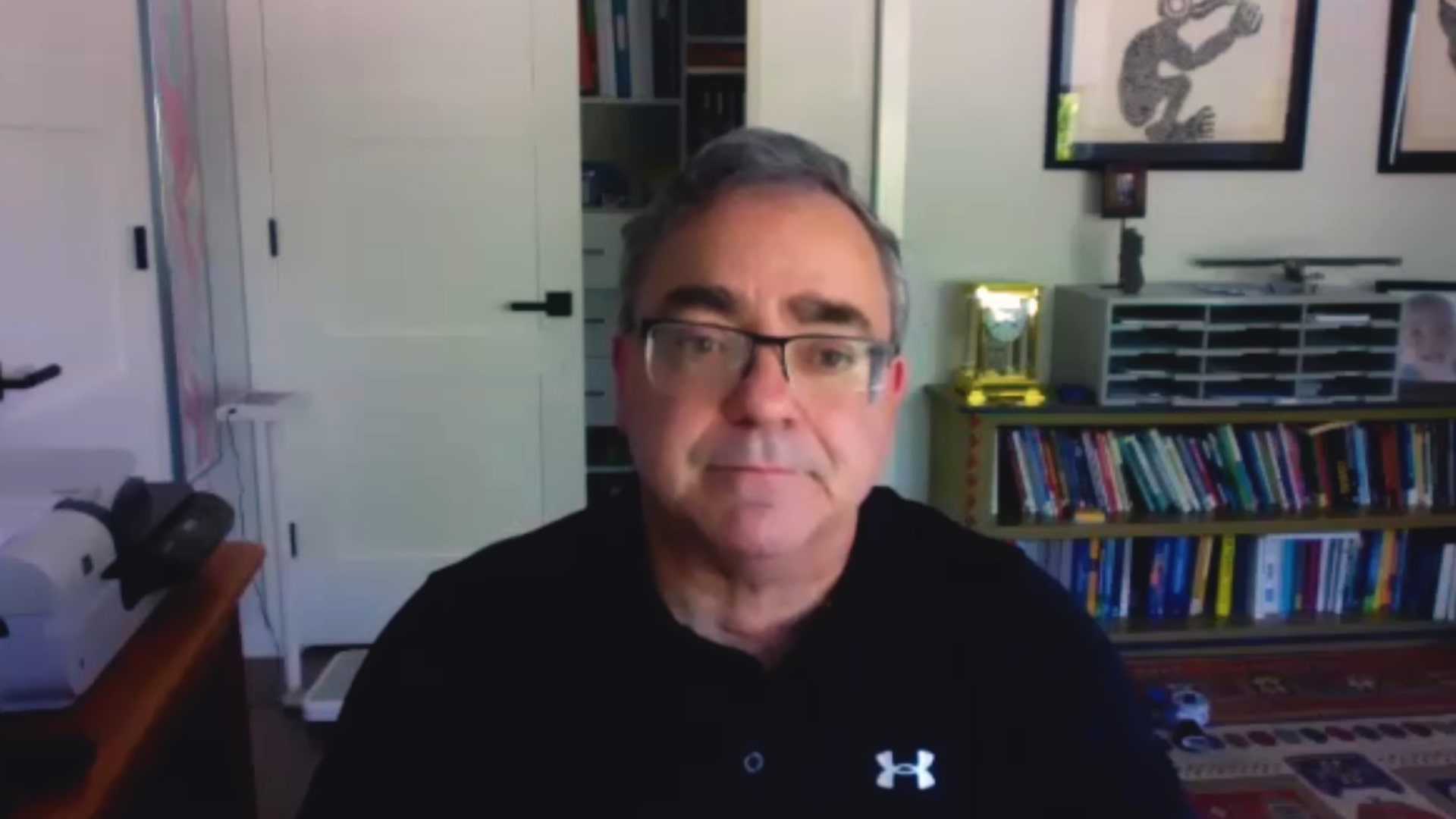
Fleet Management
Former CEO at Spirit Airlines
inpractise.com/articles/airlines-fleet-management
Why is this interview interesting?
- Decision making criteria for airlines choosing between running older versus new aircraft
Ben Baldanza
Former CEO at Spirit Airlines
Interview Transcript
Let’s talk about the fleet. How would you, as an airline CEO, be looking at changing your fleet today?
Every airline, right now, is re-evaluating its fleet plan. They’re looking at, what do we have? What have we already committed to buy? What do we own? What do we lease? They’re thinking, what is demand going to look like, in the future? I can see a couple of things. I can see some airlines deciding to prematurely retire older equipment. Older equipment might work fine, at a lower fuel price, but it still becomes more maintenance intensive than others. So they say, look, if I’m going to be a smaller airline, I’m going to be the most efficient I can be and that would be newer airplanes. I could also see some saying, I don’t want to take on the commitment of a lot of new capital, right away. Maybe I’m comfortable a few years from now, but not in the next years. Maybe I’m going to defer all my deliveries and, to do that, I’m going to keep some of my airplanes around longer, so I can keep my capacity up.
I think there are two big effects on fleet that we’re going to see. I think we’re going to see older equipment retiring faster than it otherwise may have. I think we’re going to see a reduction in the order book for long-range, widebody airplanes. Again, that travel base is going to be the toughest to bring back. Probably, going to be the most long-term impacted, is the real long-range travel that requires the widebody equipment. I think that the ratio between ordered single-aisle and duel-aisle airplanes is going to move even more in favor of the single-aisle. Airlines already buy more single-aisles than duel-aisles anyway, but as a percentage, they’re going to buy even more. Those will be the two effects that we’ll have in fleet. Fewer long-haul, widebodies and older airplanes retired sooner.
How do you look at the decision as to whether to keep your older aircraft, run it to the ground, wear the higher maintenance costs, but you obviously benefit from cheaper fuel today, versus taking these much more efficient, but also arguably expensive, newer aircraft? How do you weigh it up? I assume the lessors, today, and the OEMs, are going to reduce the prices or the lease rates, as well?
They almost have to. If they have the capacity, they’d rather lease it out at a lower rate than have it just sitting unused. It’s a tough call. Lower fuel prices make it a tougher call. At higher fuel prices, this is a relatively easy decision, because when my fuel and maintenance is going against me, I can relatively quickly justify the higher capital costs of the new airplane.
At what prices, roughly, do you think you really question as to whether, actually, I should be taking the new NEO, for example?
I think, in terms of price per barrel, under $40, $50 a barrel, the NEO is not as valuable. Compared the difference in capital costs, I can fly my A320 CEO another five years and can save that expense of the NEO. Yes, I’m burning a little more fuel, but when fuel is not that expensive, it’s not as big a deal. The real issue comes down to maintenance. Older airplanes become maintenance intensive. Their utilization also becomes more limited. You have to keep them on the ground longer and you can’t push them as hard. When you can’t utilize the plane as many hours per day or hours per month, as you were before, and the maintenance expenses you are paying are really high, that, in and of itself, at any fuel price, can start to justify the new airplane. But it’s going to take longer to justify that new airplane.
The other thing that’s going to take longer, to justify the new airplane is just, I don’t know how much capacity any airline is going to need. They may find that, for the next three to four years, the capacity that’s sitting on the ground right now, is plenty enough to carry anyone who’s going to travel. So why would they take the risk of that really expensive new airplane buy. You’re going to see lots of airplane deferrals.
Copyright Notice
This document may not be reproduced, distributed, or transmitted in any form or by any means including resale of any part, unauthorised distribution to a third party or other electronic methods, without the prior written permission of IP 1 Ltd.
IP 1 Ltd, trading as In Practise (herein referred to as "IP") is a company registered in England and Wales and is not a registered investment advisor or broker-dealer, and is not licensed nor qualified to provide investment advice.
In Practise reserves all copyright, intellectual and other property rights in the Content. The information published in this transcript (“Content”) is for information purposes only and should not be used as the sole basis for making any investment decision. Information provided by IP is to be used as an educational tool and nothing in this Content shall be construed as an offer, recommendation or solicitation regarding any financial product, service or management of investments or securities.
© 2026 IP 1 Ltd. All rights reserved.


